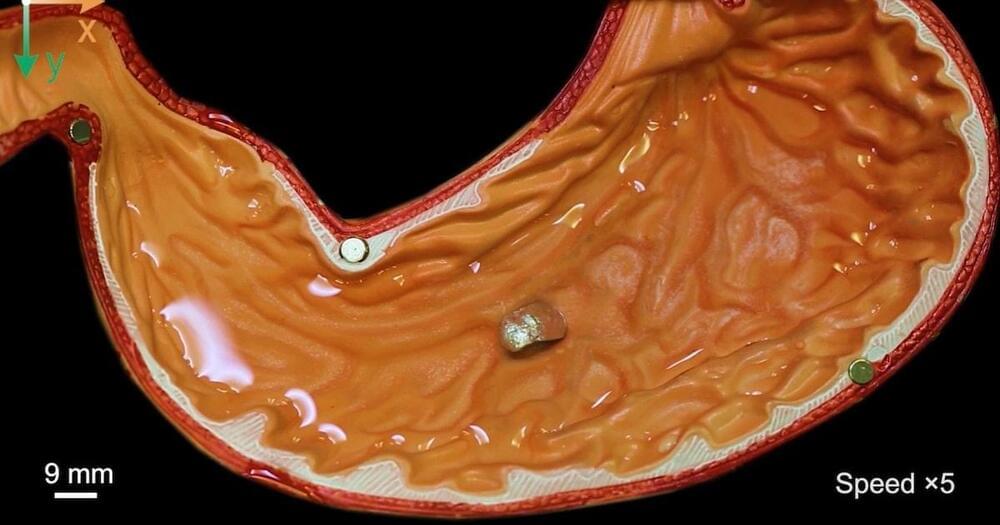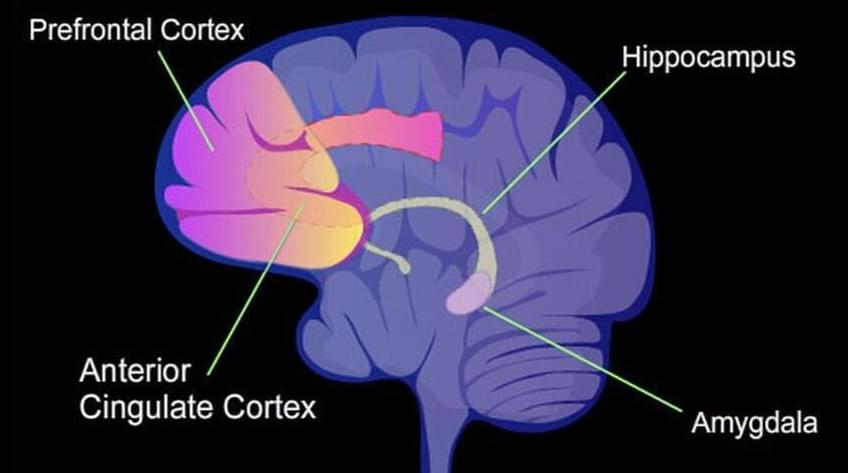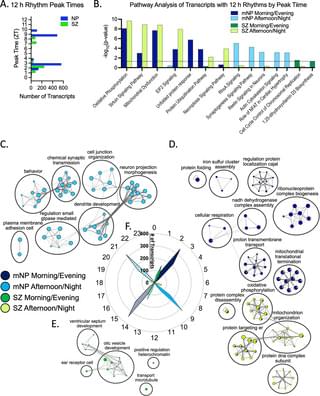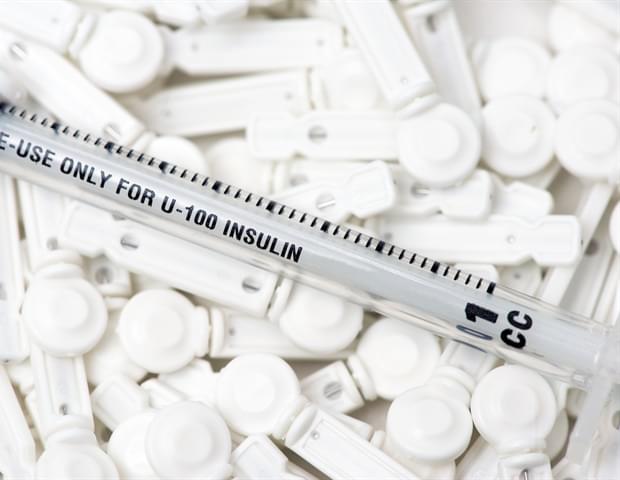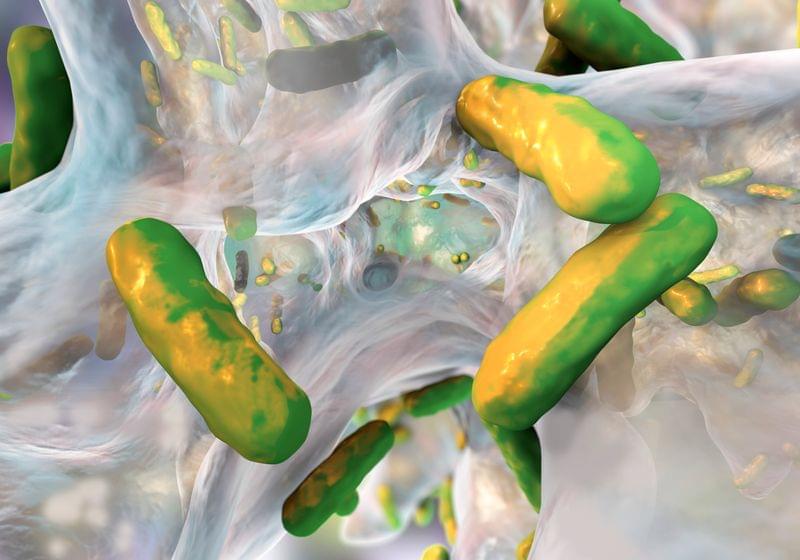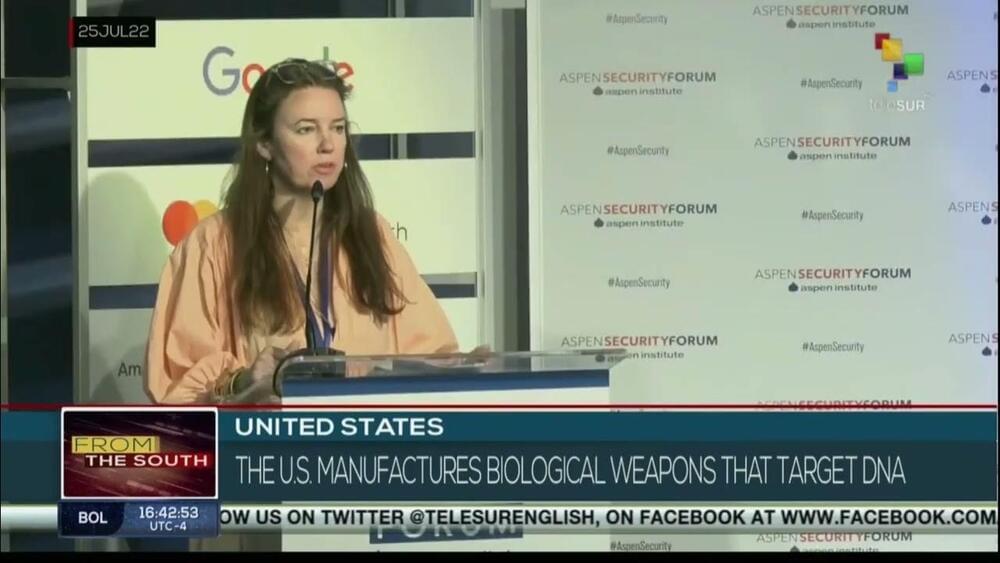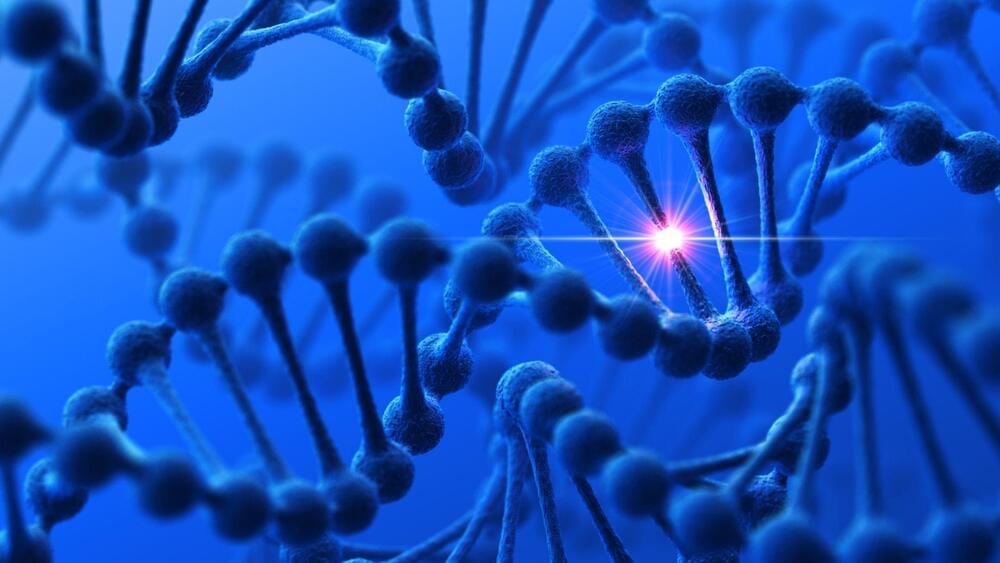Year 2014 Essentially this could scan blood very quickly compared to older outdated methods with mass spectrometry.
Rapid identification of the causative microorganism is important for appropriate antimicrobial therapy of bloodstream infections. Bacteria from positive blood culture (BC) bottles are not readily available for identification by matrix-assisted laser desorption ionization—time of flight mass spectrometry (MALDI-TOF MS). Lysis and centrifugation procedures suggested for direct MALDI-TOF MS from positive BCs without previous culture are associated with additional hands-on processing time and costs. Here, we describe an alternative approach applying MALDI-TOF MS from bacterial cultures incubated very briefly on solid medium. After plating of positive BC broth on Columbia blood agar (n = 165), MALDI-TOF MS was performed after 1.5, 2, 3, 4, 5, 6, 7, 8, 12 and (for control) 24 h of incubation until reliable identification to the species level was achieved (score ≥2.0). Mean incubation time needed to achieve species-level identification was 5.9 and 2.0 h for Gram-positive aerobic cocci (GPC, n = 86) and Gram-negative aerobic rods (GNR, n = 42), respectively. Short agar cultures with incubation times ≤2, ≤4, ≤6, ≤8 and ≤12 h yielded species identification in 1.2%, 18.6%, 64.0%, 96.5%, 98.8% of GPC, and in 76.2%, 95.2%, 97.6%, 97.6%, 97.6% of GNR, respectively. Control species identification at 24 h was achieved in 100% of GPC and 97.6% of GNR. Ethanol/formic acid protein extraction performed for an additional 34 GPC isolates cultivated from positive BCs showed further reduction in time to species identification (3.1 h). MALDI-TOF MS using biomass subsequent to very short-term incubation on solid medium allows very early and reliable bacterial identification from positive BCs without additional time and cost expenditure.
